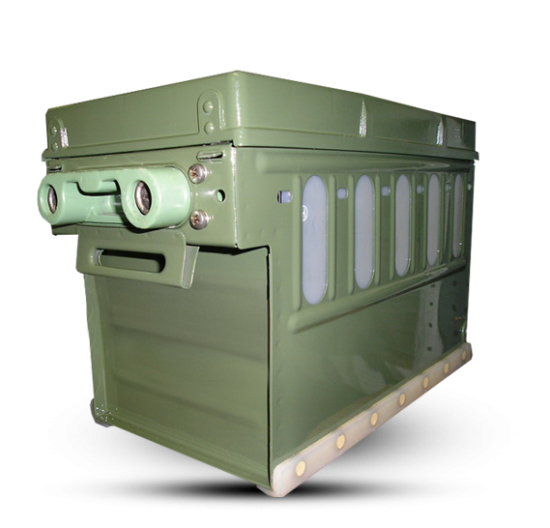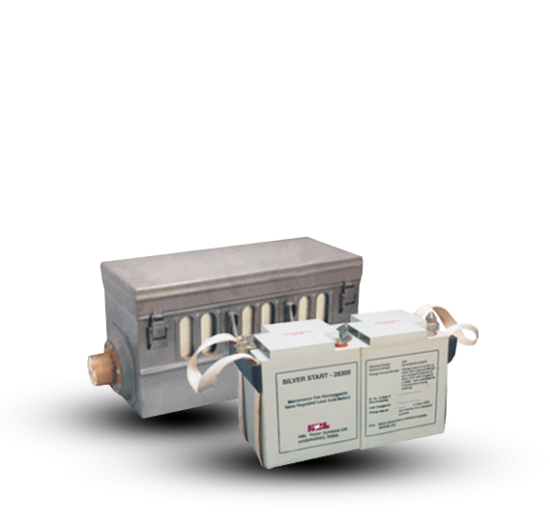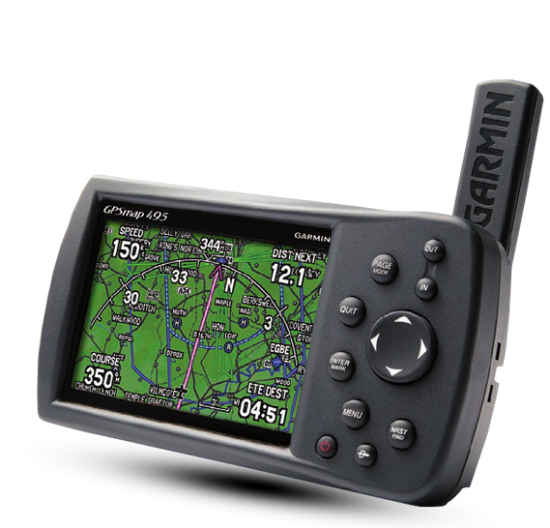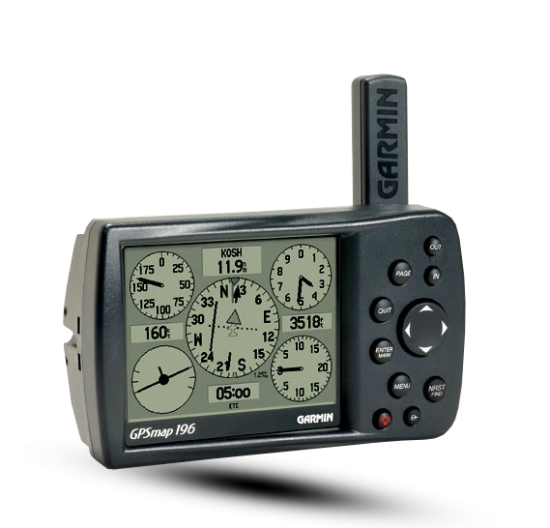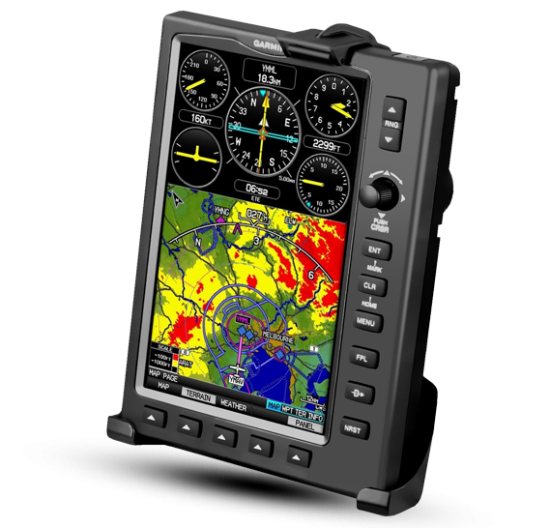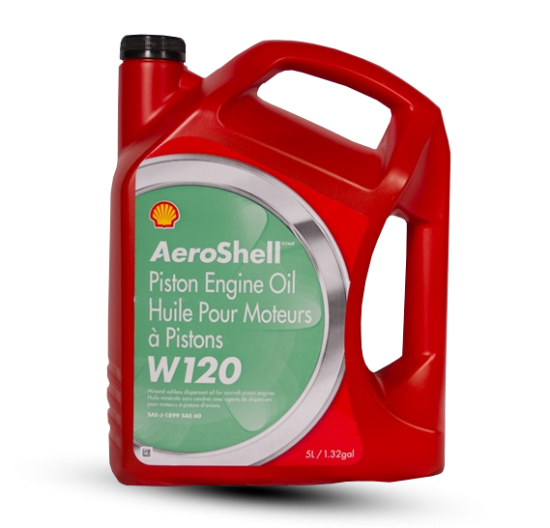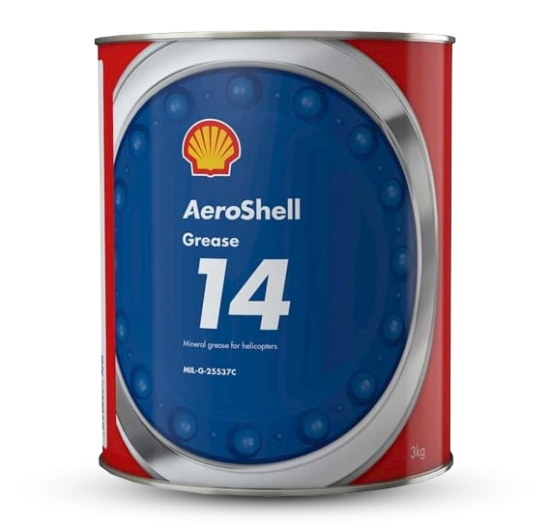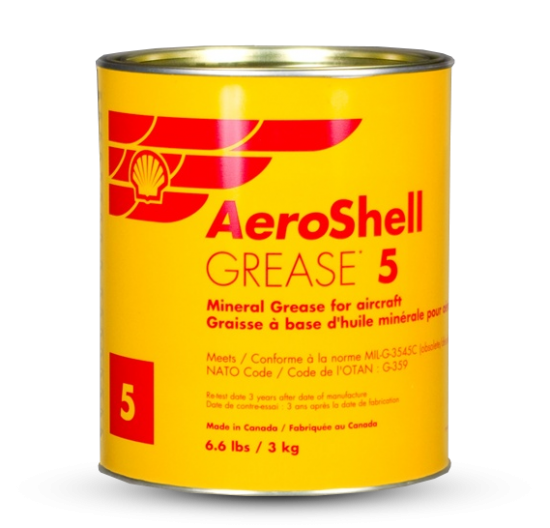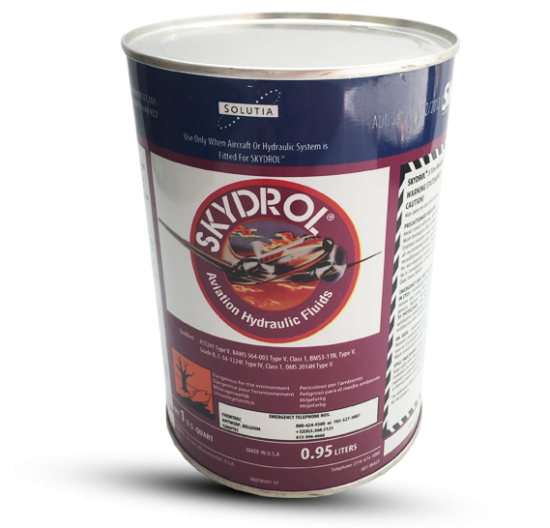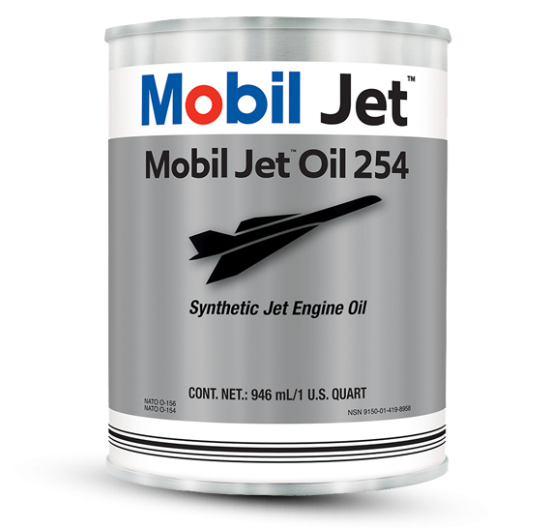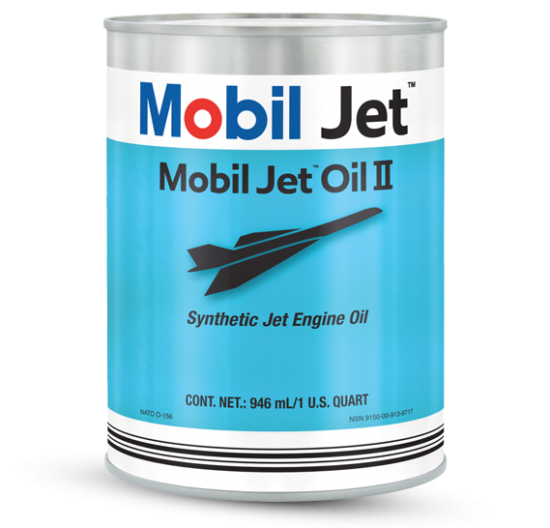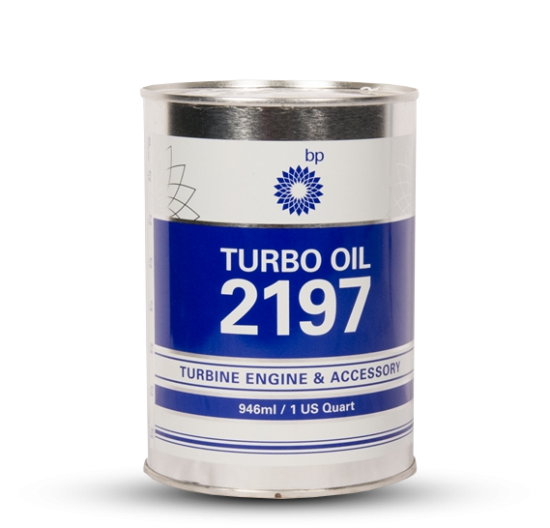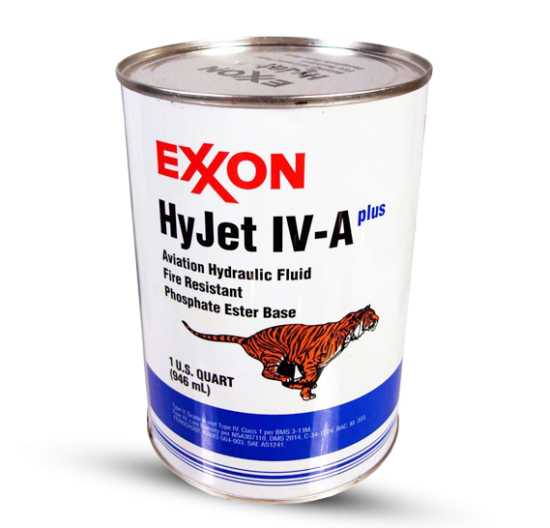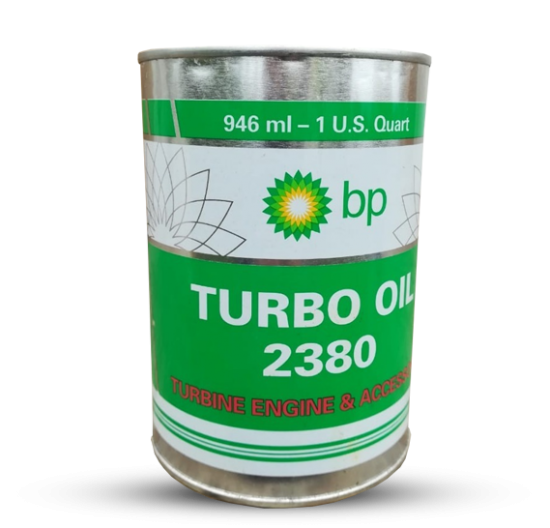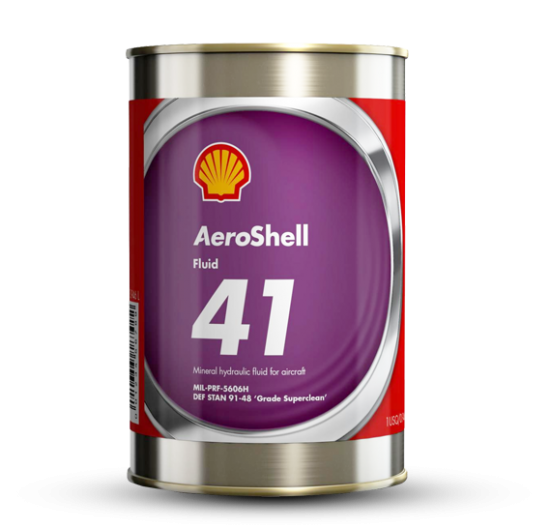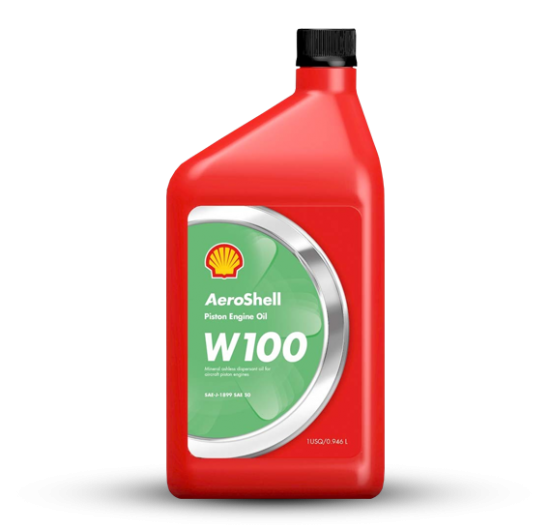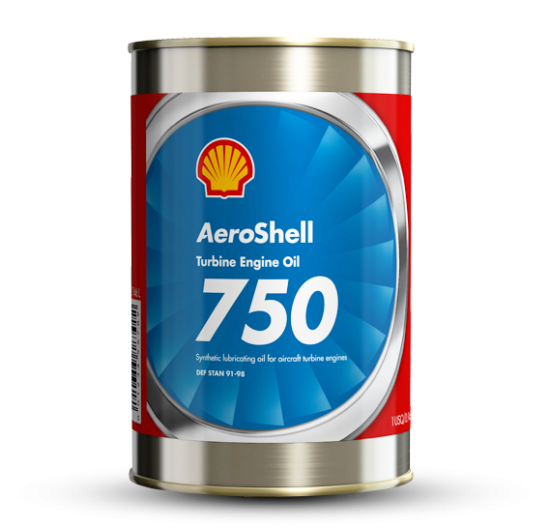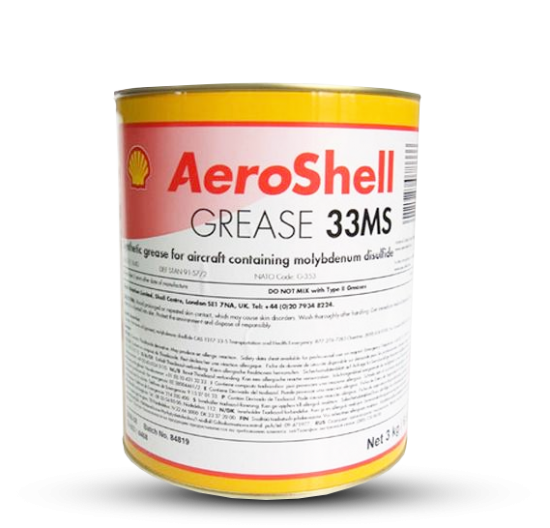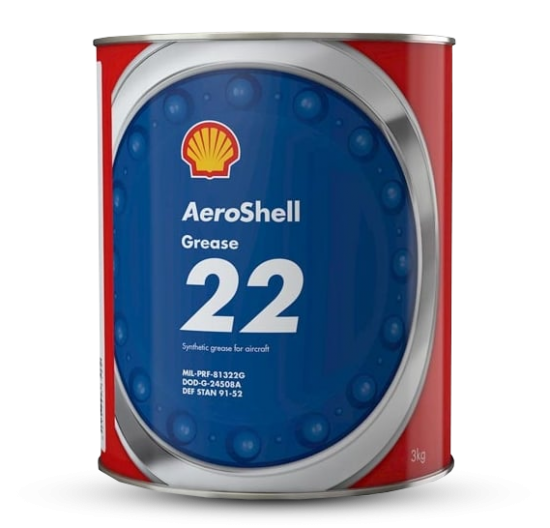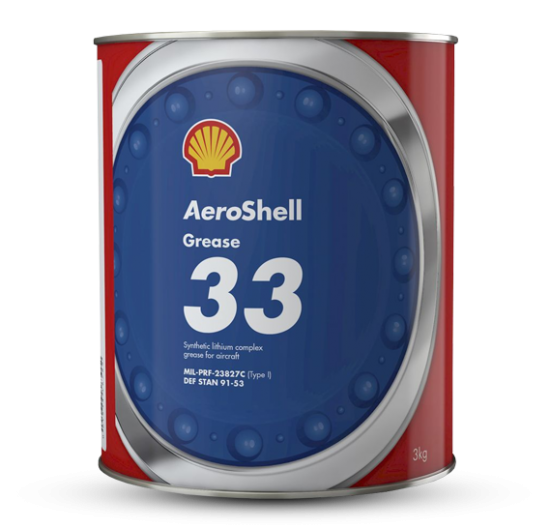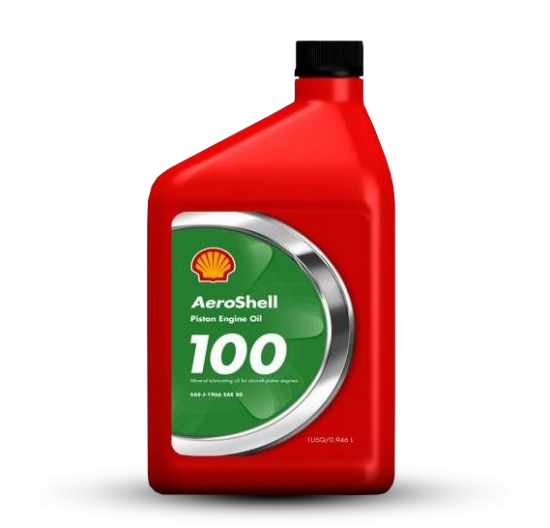
Aeroshell Grease 7
Trast Aerosupermarket (Aquiline Internationl Goup of Companies) offers Aeroshell Grease 7 from its premises at Sharjah International Airport Free Zone (SAIF Zone) available for immediate sales worldwide.
UAE Phone: +971 (6) 5570710, International phone: +8 835 1000 124 3547 e-mail: site@trast-aero.com
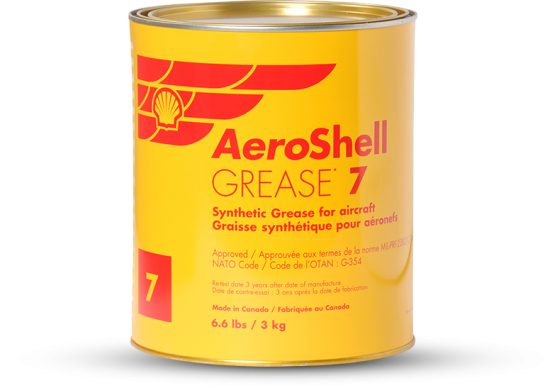
Grease Selection and Use
wheel bearings for a life- shortening experience in wheel components.
That squeal you hear is your bearings and tires pleading for mercy. Fly low and slow and park in nice, dry, w'arm weather, and you might get away with butter in the bearings—foolishness we don’t indorse.
WHAT IS IT?
Grease is nothing more than a thickened oil designed to do one or more of the following tasks: seal, protect, cushion, and in general provide long service life of components. Since there is a spectrum of performance criteria, compromise is the order of the day. If you need total waterproof protection, tar-based grease would be necessary. Might be a bit slow on the
uptake in wheel bearings, though.
If you looked at the proportions of the basic ingredients in grease, you would find the base oi! makes up about 70-95 * 'ercent, the thickener about 5-15 percent and performance additives from 0-5 percent. The base oil is the lube carrier, while the thickener provides resistance to water washout and mechanical stability. The additive package provides antirust, and anti-wear ingredients.
Extreme pressure ingredients are in the additive package as well, as are oxidation inhibitors. So, while the additive package makes up a small proportion, it can represent a significant part of the characteristics of the grease package— just as it does with oil additives.
Grease is often classified by the thickeners used in the product. Calcium is an old standby in the organically based greases and an example is Shell 14 with a moderate temperature performance and the least resistance to water washout of all Shell greases. Shell advises to verity seal compatibility first with Shell 14.
Shell 14s claim to tame is it’s the recommended grease for helicopter main and tail rotor bearings due to its superior «mti-fretting properties.
An example of today’s aero greases employing lithium is Shell 33, which has a high melting point but the next least water resistance of the current Shell greases. This is a characteristic the airlines are willing to trade lor the superior versatility of Shell 33.
Shell 16 is the only grease qualified under Boeing specification BMS3-24. It meets former MS 25760A. On the other hand, Shell 17 is simply an EP (extreme pressure) version of Shell 7, with 5 percent molybdenum disulfide. It meets MS 21164D.
Inorganic gels (synthetics) used in other Shell aero greases such as Shell 22 (MS-81322D) and Shell 5 (mineral based, MS-3545C—obsolete references) have excellent and good high temperature performance respectively, as well as excellent water washout resistance.
The big advantage of a synthetic is that it won’t soften at high temperatures and run off the surfaces they are designed to protect. Other additives are in small quantities such as betonies (clay) to enhance a particular trait.
The second major component of grease is oil, which may be either synthetic or mineral oil based. Shell 5,6 and 14 use mineral oil.

When you look at the product charts, you will see that there are no duplicates in the combinations of base oil and thickener, with water washout and temperature range being big differentiators.
Either Shell 22 or Shell 5 is a first-rate choice for wheel bearings. If you have a high performance airplane that is a high inlier, Shell 22 is probably the better bet because it has the best temperature range. Shell 5, on the other hand, has better corrosion resistance, but a significantly lower range of useful temperatures. It’s also about half the price.
The most common Shell greases available on the market in cartridges are 5,6, 7,14,22 and 33. Number 5 and 14 run around $6 a cartridge on the Net, plus shipping.
PRIMARY USES
First, high-speed roller bearings require clean grease, in both the manufacture as well as storage and handling. Next, comes thermal stability, because in roller bearings the balls tend to push the grease out of the way. If the grease melts, the race fills and churns the thinned grease, adding to friction.
If the grease is too thick it will be displaced to the side and provide no real lubrication. Proper thickness is imperative, and the great temperature extremes of the inorganic gels like Shell 22CF are one reason why they are so effective at t his task.
Buying greases in overly large amounts makes sense only if you will use it in a reasonable amount of time, and if you have some way to assure it is kept clean.
![]() Download MSDS AeroShell Grease 7
Download MSDS AeroShell Grease 7![]() AeroShell Products
AeroShell Products![]() FRENCH AVIATION SPECIFICATIONS
FRENCH AVIATION SPECIFICATIONS![]() RUSSIAN AVIATION SPECIFICATIONS
RUSSIAN AVIATION SPECIFICATIONS
Grease Selection and Use
BRIEFING NOTE
Boeing and Airbus standardize
AeroShell Grease 7 is an advanced multi-purpose grease,
composed of a synthetic oil thickened with Microgel®, possessing
good load carrying ability over a wide temperature range. It is
inhibited against corrosion and has excellent resistance to water.
The useful operating temperature range is –73°C to +149°C.
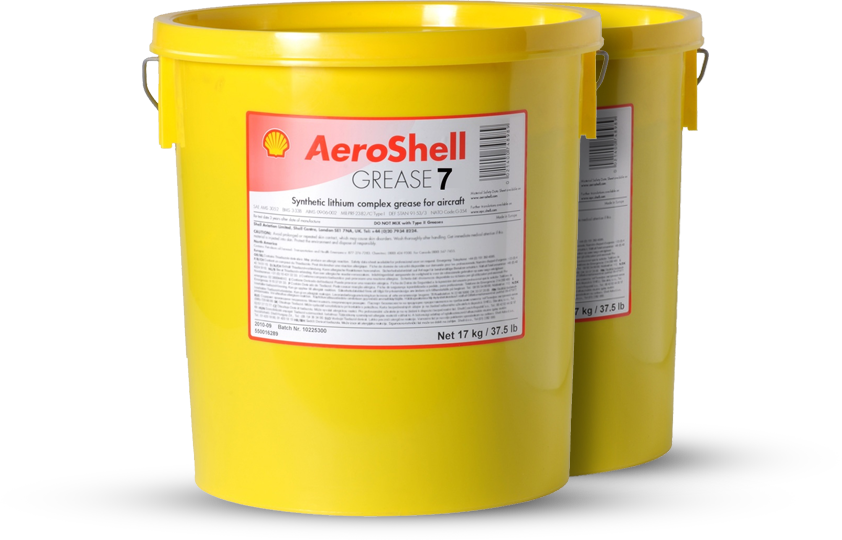
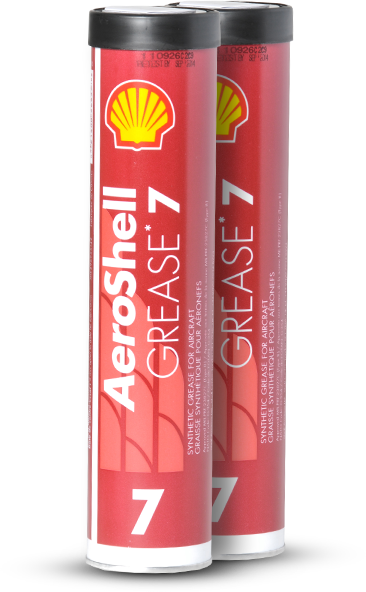
OUR BEST OFFER!
TRAST Aerosupermarket
